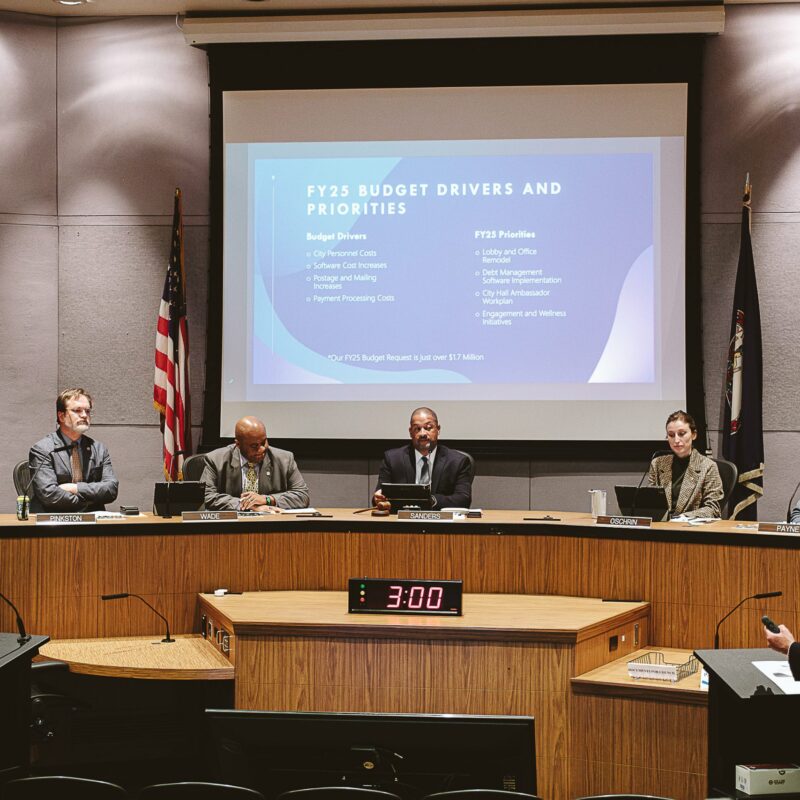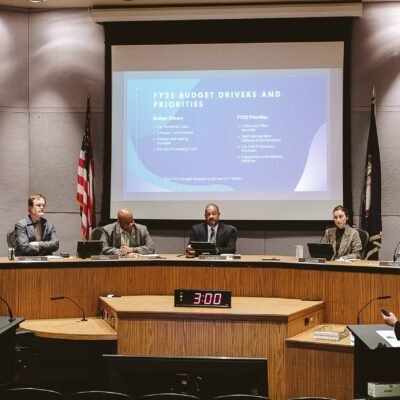As if marriage and money weren’t complicated enough, Brad Wilcox will tell you that a recession can cut to the heart of a couple’s stability. That’s because money, apparently, leads to happiness.
|
HEAR MORE Click here to listen to an NPR interview with Brad Wilcox on postponing parenthood. |
Wilcox is the Director of the National Marriage Project. He has discovered that a sound financial situation is a vital dimension for a long, happy marriage. His most recent “State of Our Unions” survey asserts that during an economic depression, working-class men are 61 percent more likely to be unhappy in a marriage if they work fewer hours than their wives.
How often Wilcox’s phone rings is impossible to say, but know that the Washington Post, CBS Evening News, USA Today and Newsweek, among others, all have wanted a piece of Wilcox’s expertise.
Wilcox’s work at UVA’s Marriage Project has been featured in all the major national news outlets, and since the 1970s, the project, which has only recently moved to UVA from Rutgers, has become a standard reference for statistics on modern marriage.
|
For Brad Wilcox, one of the highlights of his career has been to return to UVA and teach. |
Wilcox’s interest in the topic dates back to his honor’s thesis as an undergraduate at UVA.
“What became clear,” he says, “was that the family plays a key role protecting the welfare of children, and of communities in more general ways.”
He has his Ph.D. from Princeton and in returning to UVA he established a close working relationship with pioneering marriage expert Steven Nock, who died in 2008.
“Just being able to work with [him] for the first six years of my life as a faculty member at the University of Virginia was a real honor and a privilege,” he says. “He was committed both in marriage as an institution, but also to being a serious scientist really trying to understand what’s happening to marriage and married life in the United States.”
Now, he says, “the thing that I enjoy most about my job is being able to write to a more popular audience and being able to inform the larger public about key trends emerging in the United States.”






